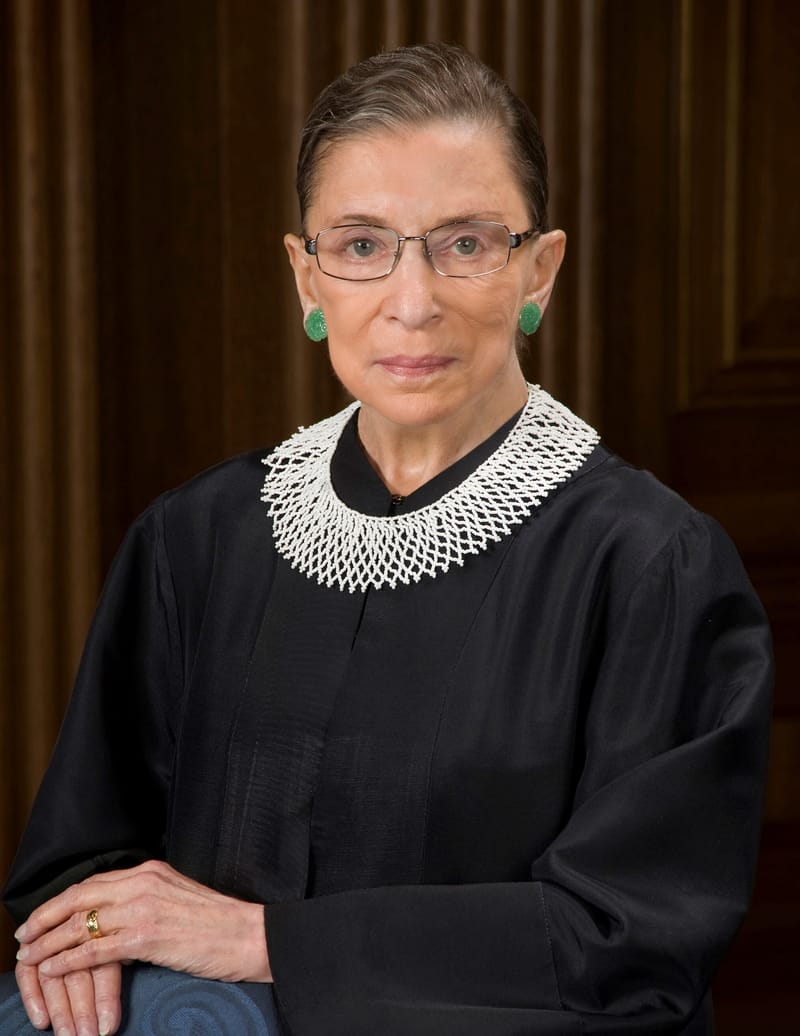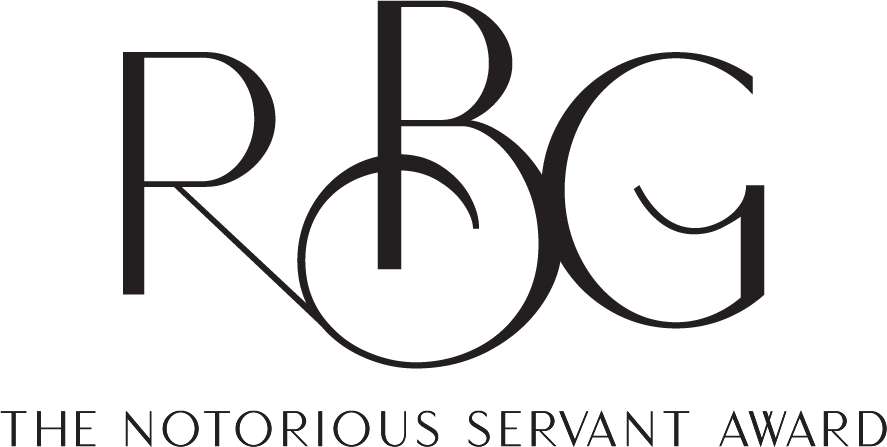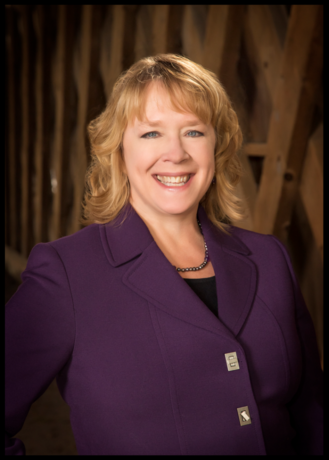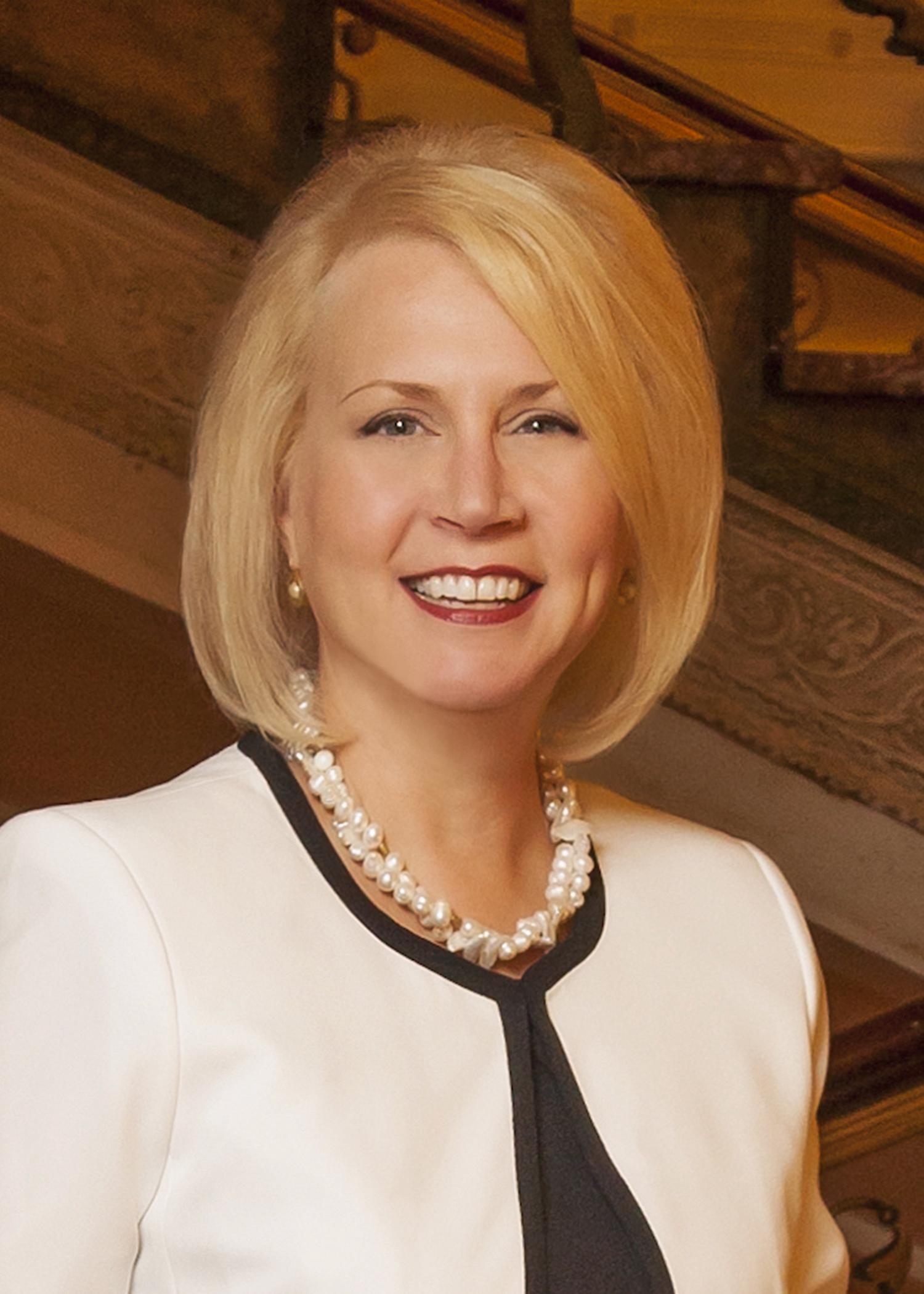The Ruth Bader Ginsburg Notorious Servant Award



The WCJEF is partnering with WAJ's Women's Caucus to recognize an amazing lawyer among us or who we know from our respective communities who has committed herself to her community, mentoring and encouraging other women, and bettering our profession through service.
The recipient will receive $500 with the charge to commit the funds to something in the coming year that will further the mission and life’s work of RBG- because if all of us are encouraged to do small great things we’ll turn this world around.
Nomination Deadline: September 1 of each year
Overview of Nomination: RBG Notorious Servant Award.pdf
Award will be presented during the annual Women’s Caucus Retreat / Seminar. The previous recipient would be asked to share a little bit about what she did with the prior year’s award.
To help fund this project, contributions can be payable to: WCJEF
WCJEF Legal Name: Wisconsin Civil Justice Education Foundation, Inc.
Mail to: 14 W Mifflin St, Suite 207, Madison, WI 53703
WCJEF Federal Tax ID Number: 39-2033748 (established as a not-for-profit 501(c)3 organization)
Questions and to Submit Nominations: Please call Bryan at 608-210-3390 or email WCJEF@wcjef.org
2022 Honoree
Carol J. Wessels
Wessels & Liebau LLC
2021 Honoree
Ann Jacobs
Jacobs Injury Law, Milwaukee

I am honored to be the first recipient of the Ruth Bader Ginsburg Notorious Service Award.
When we talk about Ruth Bader Ginsburg and her legacy, it is easy to focus on her wins – on the amazing opinions she wrote in the majority on the court that changed our lives, on her trailblazing for the women who follow her, on her work as a lawyer.
As a Wisconsin Elections Commissioner, and current Chair of the Commission, I want to talk about one area where she was frequently in dissent – voting rights.
In Shelby vs. Holder, one of her most famous dissents, the majority on the Supreme Court struck key parts of the Voting Rights Act called “preclearance.” Preclearance required that certain states couldn’t change their voting rules until approved by the federal government. The majority held that preclearance was no longer required because it was not based on, “Current Conditions.”
Justice Ginsburg rejected that contention, famously writing in dissent,
Throwing out preclearance when it was worked, and is continuing to work to stop discriminatory changes, is like throwing away your umbrella in a rainstorm because you are not getting wet.
She also had a few choice words for her fellow justices in the majority:
The Court’s opinion can hardly be described as an exemplar of restrained and moderate decision-making. Quite the opposite. Hubris is a fit word for today’s demolition of the Voting Rights Act.
Her devotion to voting rights and the real-life impact on voters touched Wisconsin as well. You may recall, in April, 2020, we had both an election and a pandemic going on. The lower federal courts had approved allowing absentee ballots to be received after the statutory deadline of 8 pm on election day. The Majority on the Supreme Court overturned that ruling.
The majority of this Court declares that this case presents a ‘narrow, technical question.’ That is wrong. The question here is whether tens of thousands of Wisconsin citizens can vote safely in the midst of a pandemic. Under the District Court’s order, they would be able to do so. Even if they receive their absentee ballot in the days immediately following Election Day, they could return it. With the majority’s stay in place, that will not be possible. Either they will have to brave the polls, endangering their own and others’ safety. Or they will lose their right to vote, through no fault of their own. That is a matter of utmost importance — to the constitutional rights of Wisconsin’s citizens, the integrity of the State’s election process, and in this most extraordinary time, the health of the nation.
It is a testament to the hard work of election officials state-wide, and the dedicated voters of Wisconsin, that April’s election went forward safely. But she was absolutely right that the court’s decision forced voters to make a terrible decision on whether and how to vote.
We are at a time where voting rights are in peril. We have unfounded attacks on the legitimacy of our elections, crazy conspiracy theories involving bamboo fibers, and states are at the ready to limit the right to vote even more than before.
It is to honor her memory that we must fight these efforts. We must be prepared to advocate to broader expansion of voting, and protect those who have historically been barred from the ballot box. We must push back against conspiracies and embrace Wisconsin’s well-run elections – even when our candidate doesn’t win. These pressing needs make my service, and the service of my fellow commissioners, including WAJ past president Mark Thomsen, all the more important.
May Ruth Bader Ginsburg’s memory and work continue to be a blessing to us all.
_____________
Ann is the founder of Jacobs Injury Law, S.C. in Milwaukee. Her practice specializes in personal injury cases, including automobile accidents, nursing home abuse/neglect, financial abuse/fraud, and medical malpractice.
Ann honed her legal skills a public defender, becoming an experienced courtroom advocate, defending clients in cases ranging from juvenile offenses to murders. After a decade of service to WAJ as a member of WAJ’s Board of Directors, Ann was President in 2015. In recognition of her skills as well as her service to WAJ and the trial bar, Ann was honored as the Trial Lawyer of the Year in 2018.
In 2016, Ann began a distinguished tenure in public service as a member of the Wisconsin Elections Commission where she now serves as chair. Along with fellow commissioners and staff, Ann has now guided Wisconsin through multiple election cycles, ensuring secure elections and protecting the right to vote even during a once-in-a-century pandemic.
Ann serves as a member of the Board of Directors of the Milwaukee Jewish Federation and previously served as the chair of the Jewish Community Resource Council. She also served as chair of the Milwaukee Bar Association's Lawyer Referral Information Service (LRIS) Committee. In recognition of her expertise in that area, she was later appointed to the American Bar Association's LRIS committee.
######